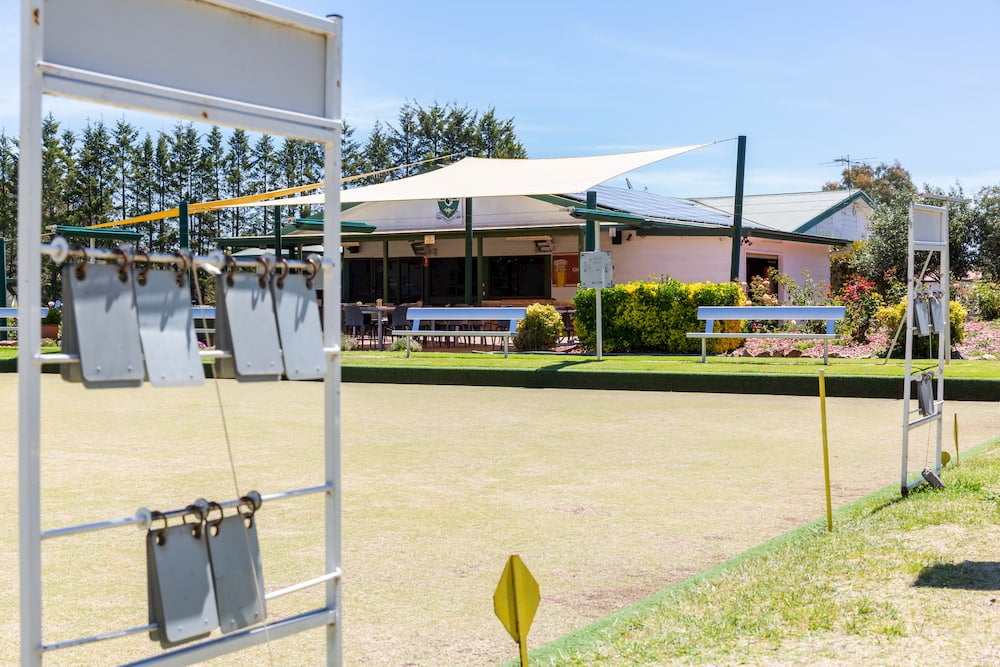ACT Greens leader and newly appointed Gaming Minister, Shane Rattenbury, consistently refers to Canberra’s clubs as a “broken business model” and has long pushed for gambling reform.
“Too many families and individuals suffer from the addictive nature of gambling, which is in total contrast to the important role that community clubs play in bringing Canberrans together,” he said.
Of the 49 ACT clubs, hotels and taverns offering gambling poker machines on-site in October 2017, just three venues have since gone pokie-free, according to data from the ACT Gambling and Racing Commission.
And those venues – The National Press Club of Canberra, Mercure Canberra and the Statesman Hotel Motel – all previously held 10 or fewer machines.
Nine venues retain the same number of machines, 18 venues reduced the number of poker machines in action by between 2% and 25%, and 10 venues shed between 30% to 50% of their machines.
Two venues increased pokies capacity and three closed permanently.
Some of the clubs that gave up the highest percentage of machines operated on vastly different scales.
For example, the Ainslie Football and Social Club has 40% fewer pokies than it did three years ago, dropping from nearly 200 to 119 machines.
Meanwhile, the Belconnen Bowling Club forfeited nearly 50% of its machines, from 15 down to eight.
The lawn bowls venue, known as “the friendly club,” advertises the clubhouse for corporate and group bookings, equipped with a licensed bar, commercial kitchen and outdoor barbecue. It also promotes free coaching each Sunday morning.
Having secured gaming within his new portfolio, Minister Rattenbury said he wanted to ensure clubs continued to support the community, while simultaneously introducing and strictly enforcing measures to further reduce harm from gambling.
Under the new parliamentary agreement between Greens and Labor, the number of licences will be cut further, from 3,700 to 3,500 by mid-2025, and a staged roll-out of harm reduction measures, involving $5 bet limits and $100 load-up limits, will commence by the end of 2022 “at the latest”.
Mr Rattenbury assured stakeholders that gambling reform measures would be supported by incentives for clubs, and extra incentives for venues that move to zero machines.
But Canberra Community Clubs president Athol Chalmers said most clubs were unlikely to remove poker machines entirely, raising doubts about the possible size of the “network of pokie-free clubs” the ACT Greens described as part of its 2020 election platform.
“Most clubs want to retain poker machines; the issue is how many to keep,” Mr Chalmers said.
He estimated clubs rely on gaming machine revenue for 60% to 80% of their revenue.
“From a business perspective that’s a lot of revenue relying on one product and, generally speaking, club owners want to reduce that dependency.
“But they need another form of revenue to replace it.”
ClubsACT CEO Gwyn Rees said it was important the government continued to consult with the club sector to minimise “injurious financial impacts”.
“For example, while it is true that gaming machines in some other jurisdictions can support $5 bet limits and $100 load-up limits, noting also that all allow $50 notes, the machines approved in the ACT and already purchased by our clubs operate on a different protocol,” he said.
ClubsACT did not oppose moving towards the restrictions, but a “robust assessment” was needed to ascertain what would be possible without clubs facing “onerous costs”.
“If the expenses are too great, this will be prejudicial for small clubs in particular, whose operations could become untenable without compensation.”
ACT Chief Minister Andrew Barr reopened the poker machine buyback scheme during the coronavirus crisis, offering clubs $15,000 per poker machine if the funds raised by the surrendered machines were used for expenses such as: the employment of staff; efforts to diversify a licensee’s revenue streams away from electronic gaming; and energy and water efficiency measures.
The incentive closed late June, by which time four clubs had surrendered a total of 109 authorisations, valued at $1,635,000, since April.
Mr Chalmers said club owners wanting to diversify their income typically explored developing club-owned land, building childcare, early learning centres or apartments.
He gave the example of an early learning childcare centre planned at Belconnen Soccer Club’s McKellar location, which was described in the club’s 2018-2019 annual report as something that would be “of huge benefit to the club with minimal cost of operation”.
The same annual report detailed a profit of $62,845 for the financial year, which was partially attributed to revenue raised by surrendering poker machines.
Mr Chalmers said it was more difficult for clubs that don’t own land; however they might consider investing in other businesses like gyms.
Being the president of the Burns Club, Mr Chalmers gave insight into the social value of community clubs and the ways clubs promote health and wellbeing.
“Regulars don’t spend a whole lot of money in there, they’re there for a cup of tea or coffee, see friends.”
And while for some visiting the club is about mixing with friends and family, Mr Chalmers said for people without a lot of spare cash the club is a cheap place to go that’s heated and cooled.
He said those regulars use the club to do things like watch pay TV and read the newspapers for free – a cheaper way of living.
“In all of the clubs we saw that when we reopened, so many members were so relieved to be able to come back.
“I think that’s the other point to make about clubs – part of the real value is that people get that social engagement and social inclusion.”
For more news:



